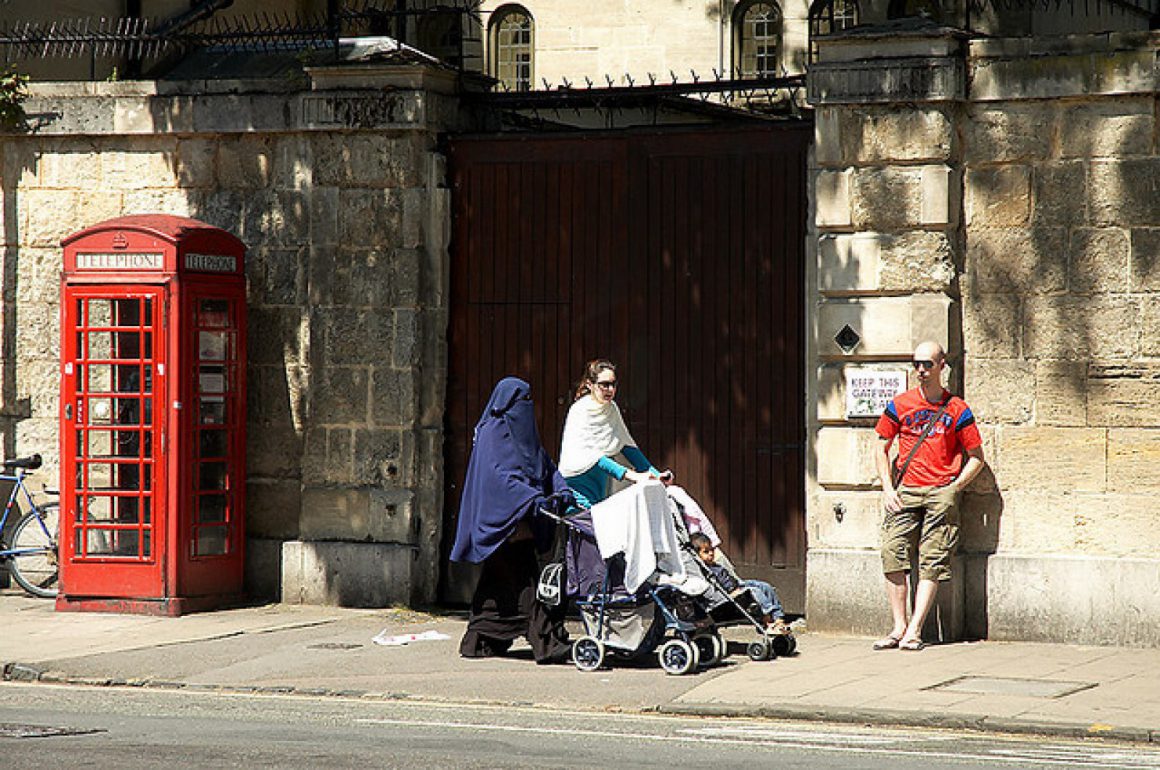New-comers could profit from an informative crash course on their hosts’ norms and values. But the question, “What does it mean to live in a multi-ethnic society, in a meta-nation?” is one that hosts themselves should not put the aside for too.
The outcry from the media that followed the incidents over New Year’s Eve in Cologne and other German cities threatens to put an end to Willkommenskultur. The police registered more than a hundred complaints by women who had been mugged or sexually harassed by young men of predominantly foreign origin. Many of the identified perpetrators were asylum-seekers.
The conservatives and nationalists exclaimed “We’ve been telling you so all along!” The liberals and progressives, on the other hand, blamed them for racism and bigotry — often justly. Yet, in the day after the events, the latter — myself included — went through a series of disappointed expectations. At first, I hoped that the police would find out that the culprits were not predominantly of foreign origin. Then, I hoped there would be no refugees among them. And finally, I hoped that the motivation for the attacks was predominantly economic and not sexual. In the course of a few days, I saw my liberalist hopes shattered one after the other.
It’s easy to attack conservatives for their over-generalisations, for blaming the refugees as a whole for the crimes of the few. However, liberals too often like to lump the refugees to one helpless mass that is in need of our benevolence. European liberals dwell in a perpetual state of not altogether unpleasant repentance for past colonial wrongdoings, which makes them blind to some essentially European accomplishments that are worthy of being defended.
* * *
Courses dealing with integration have been one of the more constructive attempts to provide a rational and systematic response to the events. The idea: Along with some practical information about their host countries, the new-comers should learn about European values. Though, inevitably, any mention of Europe’s spreading of values invokes the ghost of its colonial past.
The very tone of The Economist’s recent remark on such courses might indeed push one to believe that they are a form of cultural imperialism. One should, it is written, “teach migrants that they must respect both the law and local norms such as tolerance and sexual equality.”
I don’t think one needs to teach migrants that they must respect the law and local norms. That laws and rules must be obeyed is a lesson that a criminal is taught by correctional facilities. In most cases, it would be enough to simply explain to new arrivals what the laws and norms are that exist in the society where they now live.
Besides, Western societies aren’t exactly sexism-free. Sexual harassment is still a sad reality that too many women face across Europe and which many took to the street to protest after the events in Cologne. A carnivalesque atmosphere, such as the one during New Year’s Eve in Germany, often aggravates this reality. Women have been complaining for years that Munich’s police force is sluggish in its dealing with complaints of sexual assaults during the yearly Oktoberfest.
Nevertheless, it is simply a fact that feminist movements have had a better chance and more success in their fight against male chauvinism in Europe than in the countries across North Africa and the Middle East. Thus, young men that come from there might indeed profit from a crash course in matters of sexual equality.
* * *
In fact, integration courses are nothing new. One is already offered by the German Federal Office for Migration and Refugees (BAMF). It is voluntary, but there is an incentive. Successfully absolving it reduces the minimum required time of living in the country before being able to apply for the German citizenship from eight to seven years. The course has two parts: the first module focuses on the German language, and the second is called “Life in Germany.”
But consider the following question which the BAMF uses to test foreigners’ newly acquired “legal and social knowledge as well as knowledge of living standards in Germany.”
A black man applies for a job as a waiter in a restaurant in Germany. What would be an example of discrimination? He does not get the job a) because his knowledge of German is not sufficient, b) because his financial expectations are too high, c) because of his skin colour, or d) because he does not have sufficient professional experience required for the job.
The answer is trivial, but the question itself seems to contain a racist stereotype. Why does the man of colour apply for a job at a restaurant and not, say, at a management consultancy?
In other words, parallel to courses for immigrants, the general local population could also profit from some systematically organized cogitation on the effects of globalization on their own society — above all, its shift away from the hitherto relative ethnic and cultural homogeneity.
What is the new meaning of being a citizen or resident in Germany, when it is becoming a meta-nation? Native Germans won’t be able to enlighten the new-comers on this question, unless also they deal with it on their own.
There will hardly be an acceptable way around Willkommenskultur. According to some estimations, in the coming decades, Germany would need to absorb 300,000 to 500,000 people annually simply to prevent the collapse of its social systems due to the ageing of its population.
Hence, along with the police’s local-case efforts to find and punish the perpetrators of the New Year’s Eve incidents, Germany must also work against stereotypes and structural inequalities that new-comers face — first and foremost enabling legal access to work. Being able to provide for themselves in a dignified manner will be a more concrete, effective, and egalitarian lesson in equality, more than anything that can be taught in a classroom.



